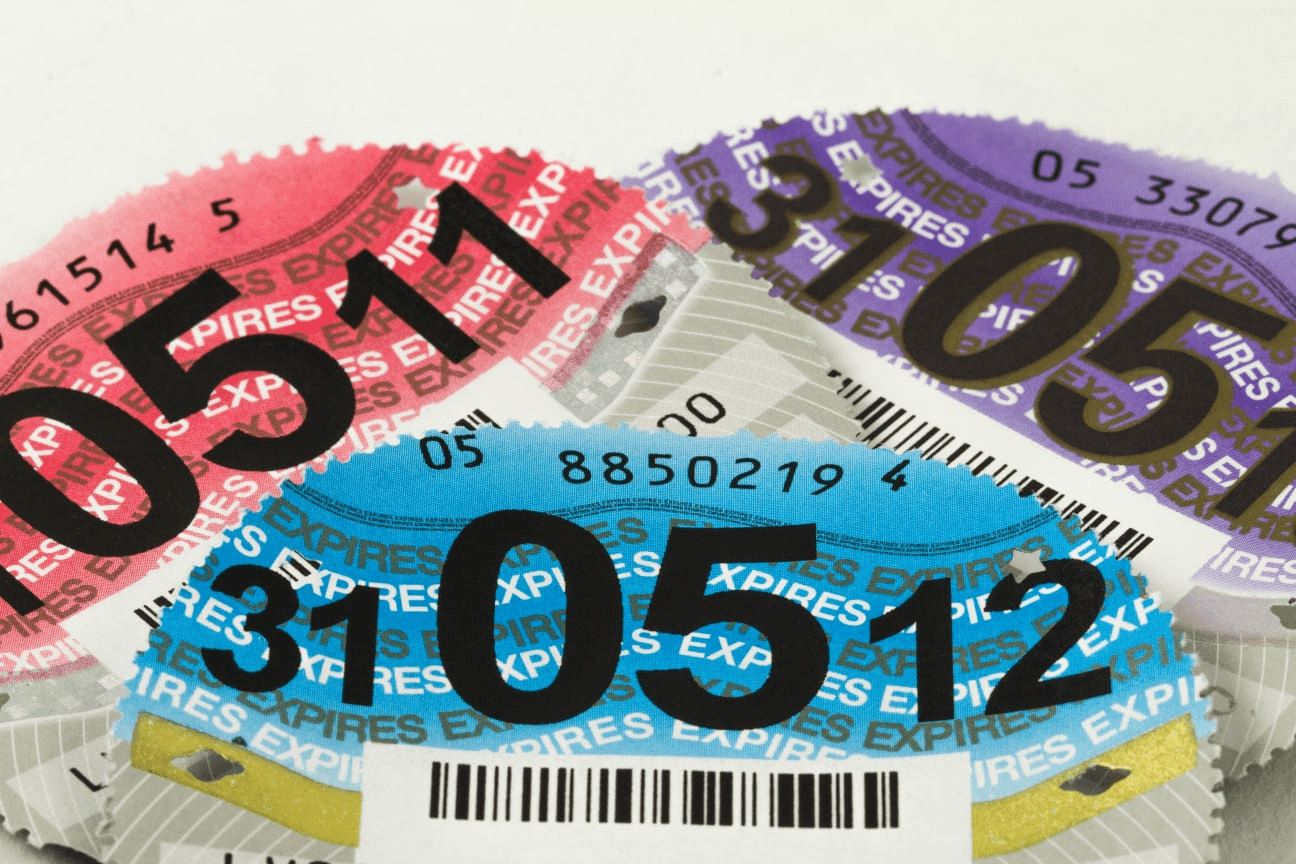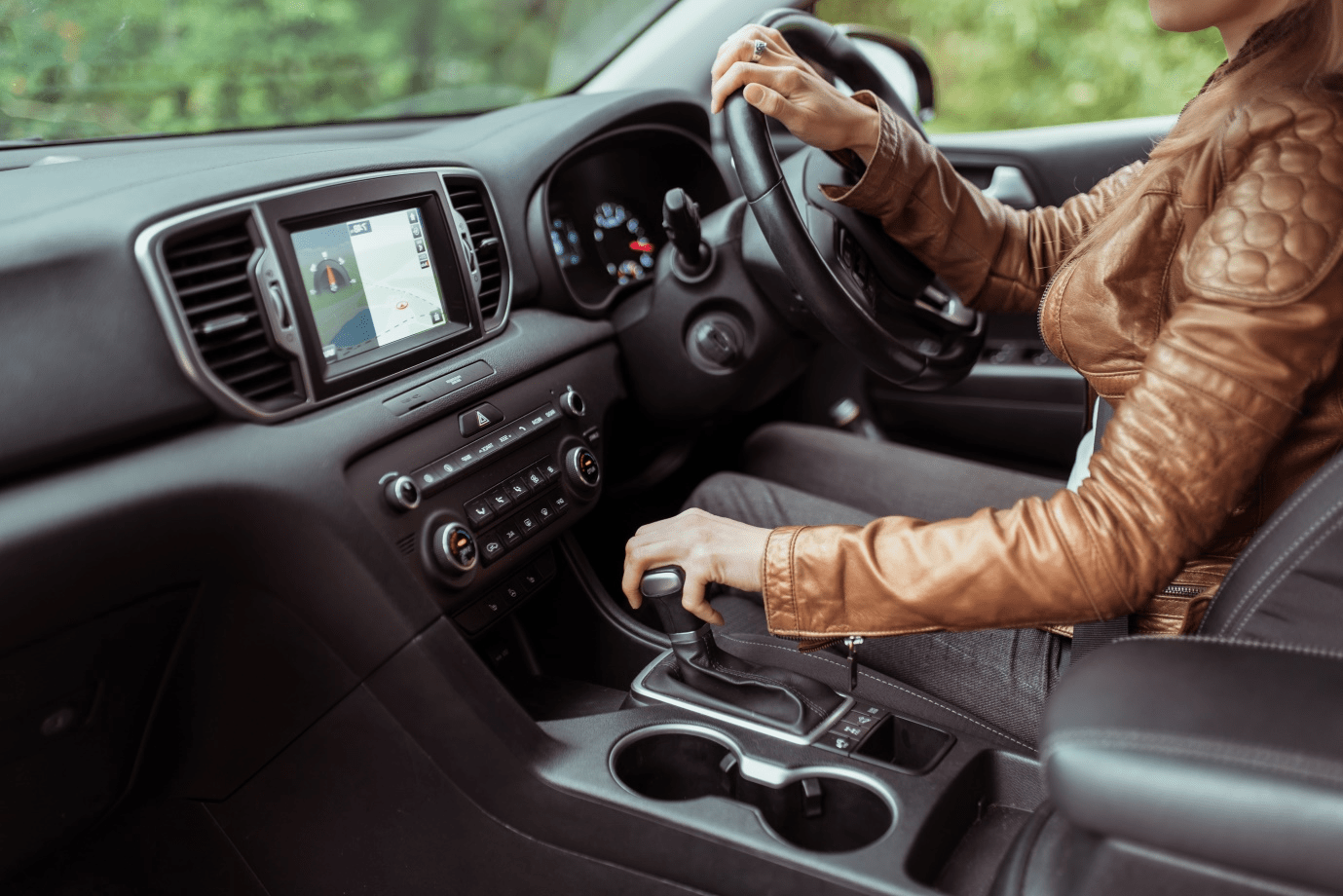Whether you’re a new private hire driver or an experienced hire driver looking to update your skills, there are a few things you can claim for on the self-assessment tax form. This will help you ensure that you keep as much of your hard-earned money as possible.
The private hire vehicle (PHV) industry is a fast-growing and highly competitive industry, so it’s important that you claim all of the expenses that you can so you can maximise your earnings. There are over 260,700 PCO-licenced taxis and private hire vehicles in the country—and with the rise of Ride-Hailing Apps such as Uber and Bolt, the number of PHVs on the road is continuing to increase every year. It has become a lucrative business, especially for people looking for a flexible job with a lot of earning potential.
However, one of the main challenges that PHV drivers face is the cost of running their business. It can be expensive to buy and maintain a PCO car—petrol, diesel, insurance, and other costs can add up fast. One way to manage these costs is to keep detailed records of your expenses so that you can work out which of them can be claimed on your self-assessment tax return. Moreover, you can always get a PCO car for rent at competitive rates, so you don’t have to worry about maintenance, depreciation, and other expenses associated with owning a vehicle.
Read this blog to learn about PHV drivers’ allowable expenses on the self-assessment tax form and how to make the most of your claims.
Drivers Self-Assessment Taxes
Since most PCO car drivers in London are classified as self-employed, they must fill in a self-assessment tax return each year to determine how much tax they owe to the government. Your tax return is based on your business income and expenses and how much you contribute to National Insurance, so it’s not something you have to prepare on your own.
There are plenty of resources available online to help you prepare your return, or you can hire a professional to do it on your behalf. But before you decide to do this, it’s important to understand which of your business expenses you can claim on your return and which ones you can’t.

How PHV Drivers File Taxes
As a self-employed driver, you need to fill in a self-assessment tax return to calculate how much tax you owe the government. You will need to provide information such as your name, address, date of birth, national insurance number, and other details about your profession and business finances. You can then submit your return online or by sending it via post or using a smartphone app.
The online process takes up to 15 to 20 minutes to complete, and once you submit your tax return, you’ll receive an acknowledgment email to let you know it has been received. HMRC will then process your return and send a tax code to your home address in the post which will tell you how much tax you will need to pay during the year.
The tax year runs from 6 April until 5 April the following year, so you must submit your self-assessment tax return by 31 January the following year to avoid being fined for a late submission. You must submit your return even if you have no taxable earnings, as you will still need to pay tax on any dividends you receive from your shares and other investments you own.
Make sure to keep Uber and other ridesharing accounts separate from your bank accounts so that you can accurately record your income and expenses for tax purposes.
Expenses You Can Claim On Your Tax Return
There are several types of PHV allowable expenses that you can claim as a PCO car driver in London. This will help expand your profits and make it easier for you to pay your taxes at the end of the year.
If you’re using the PCO car for rent for your personal use, such as to commute to work or visit family, you can’t claim expenses on your taxes. You can only claim mileage or fuel costs for journeys to pick up and drop off your passengers.
Make sure to keep the receipts and all other records to monitor your travel expenses for taxes, so you can be sure that you’re eligible to claim your expenses for your tax season. Here are some of the expenses you can claim for tax season if you are an eligible driver with a PCO licence.
Fuel Costs
The price of fuel at the time of purchase will be deducted from your total claims for the year as long as your trip has been verified by PCO—whether it’s diesel or petrol, or EV charging costs for your PCO electric car.
Maintenance, MOT, and Repairs
Any other costs that you may have incurred for maintenance and repairs throughout the year can be added to your claims. From MOT test, servicing your car’s tyres and even cleaning the car between trips can all be claimed as expenses for tax purposes.
Road Tax
Every PCO car driver has to pay vehicle excise duty in London every year. This is an annual payment that covers the cost of operating a car in the UK. It can also include parking charges if the passenger drives the car to a location and then needs to find a parking space to leave it while they’re away. You can use these deductions towards your annual tax bill.

PCO Licence and Registrations
The licence and registration fees you paid when you first got your PCO license are tax deductible as well. PCO licence needs to be renewed every three years in the UK, which means you have to spend additional money to have your licence updated before it expires. All fees paid for renewals should be entered as a deduction on your tax return.
PCO Car Insurance
All PHV drivers must insure their cars before they can start driving. PCO car drivers can only drive passengers for profit if they are properly insured to drive their car legally. So make sure to keep all documents proving the insurance of your car.
Smartphones and Communication Devices
If you’re using a GPS map or a smartphone as a means of communication with your passengers, then all these charges can be claimed as an expense as well. This includes mobile phone bills, radio, data plan charges, and any telecommunication services needed for the passengers while you drive around London.

Loan Interest
If you have taken out a loan to buy a PCO vehicle, it can also be a part of your allowable expense claim. For example, if you borrowed money to buy a new car, you can include the interest on the loan when filing your taxes. You can use the money that you earn from driving passengers to cover the cost of the loan so that you don’t have to pay interest on your full income.
Home Office (if Applicable)
If you have a home office that you use to carry out your business activities, you can also claim deductions for this. This can include office equipment like computers and printers and utility bills for your home office, such as electricity, heating, or gas. Keep a logbook detailing all the costs incurred while running the business from your home office.
Parking and Toll Charges
Tollbooth charges and parking fees are deductible expenses as long as you have receipts for them. You will also need to keep a record of your expenses to show proof of your expenses. To claim the cost of tolls, you will need to have a record of the number of miles that you have driven on the road and the number of toll booths you have passed through on your trip with the passengers. This is usually included in the distance travelled.
First-Aid Kits
Any modifications made to your PCO vehicle for your passengers must be declared in your tax documentation as well. From first-aid kits to snow shovels for your ride with the passenger during the winter—various things can be deductible expenses for your self-assessment.

If you’re a PCO driver in London and you’re looking for a flexible and affordable car rental option, we can help! At G&M Direct Hire, we have helped thousands of PCO car drivers rent the perfect car for their needs, and we can do the same for you.
From PCO electric cars to hybrid and fuel-efficient models, we’ve got a huge range of vehicles available to rent at highly competitive rates. Kia E-Niro, Nissan Leaf, Toyota Prius, and Toyota Prius Plus are just a few of the great cars we offer.
Contact us to find out more about the vehicle rental services we offer and how you can book a car rental today!